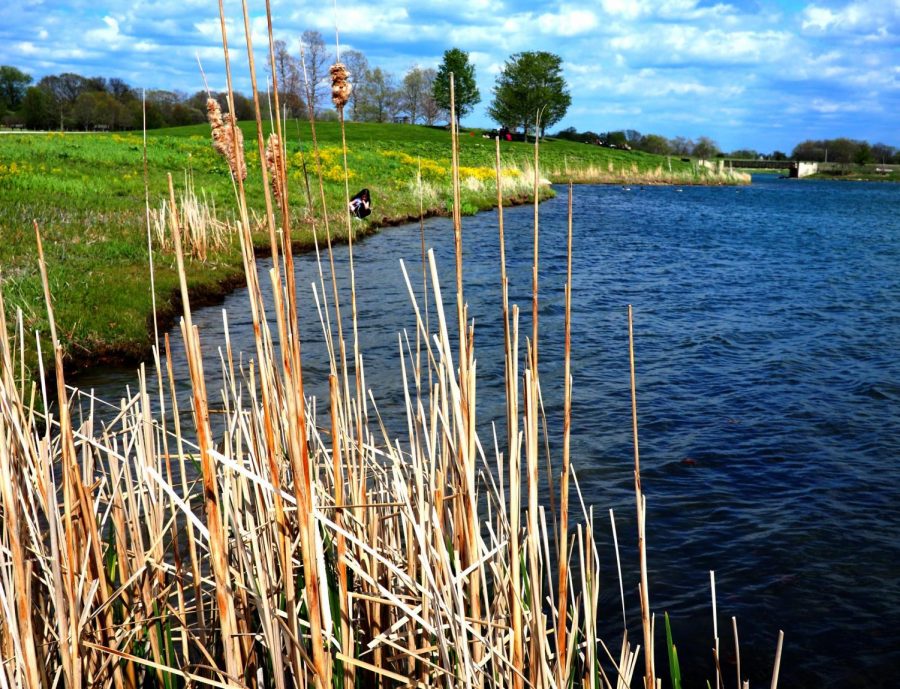Broad-leaved Cattail – Typha latifolia – native
Cattails have historically held numerous and diverse purposes to serve human needs. The rootstock, young shoots, young flower spikes and sprouts at the tip of the rootstock are all edible, while even the plant’s pollen can be used as flour. Native nations used numerous parts of the cattail for medicinal purposes, addressing such ailments as burns, diarrhea and dysentery. While there’s evidence of its use in the Midwest since 800-1400, a more current example of its use is reflected in its use during World War II, as its seeds acted as a substitute for kapok filler in life vests for the U.S. Navy. Wildlife are also beneficiaries of cattails as they offer nesting sights for various birds and fish, and the shoots and roots are consumed by muskrats and beavers. Often found densely packed together in shallow water, these plants are indicative of a habitat transitioning from wet to dry.
Sources: Lady Bird Johnson Wildflower Center
Conservation Garden Park

